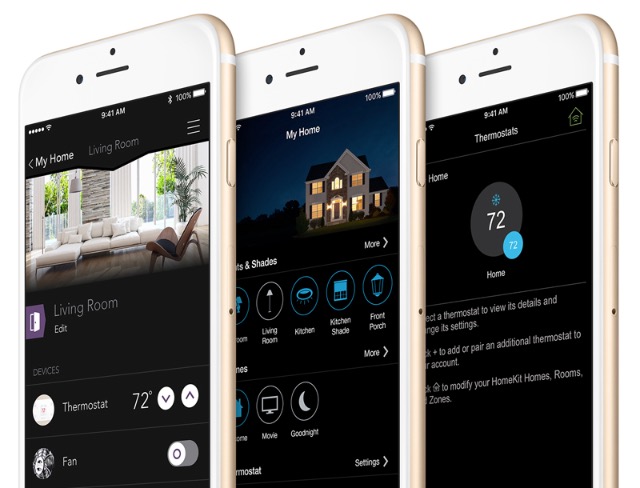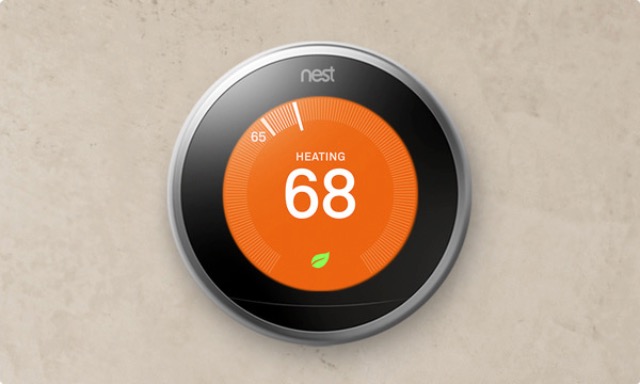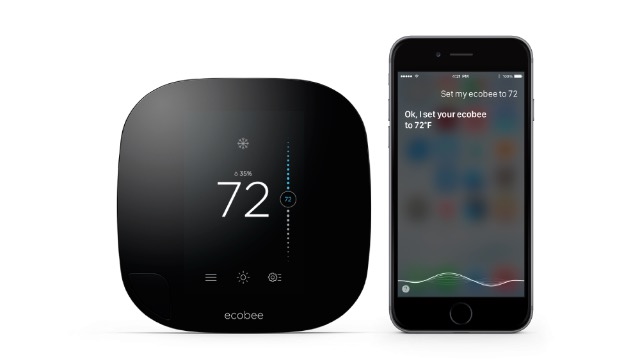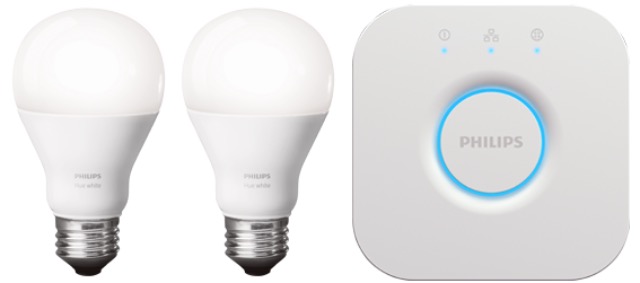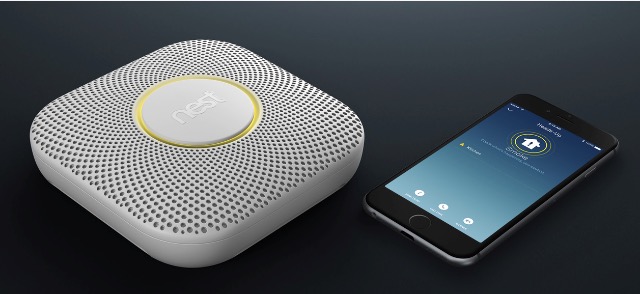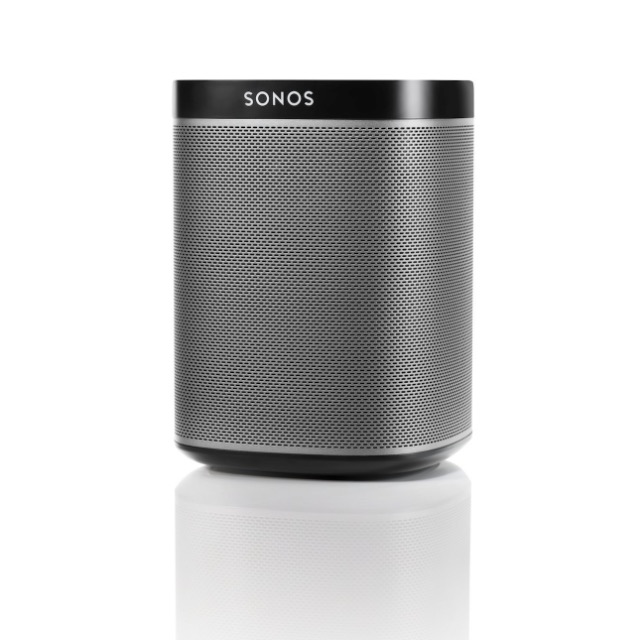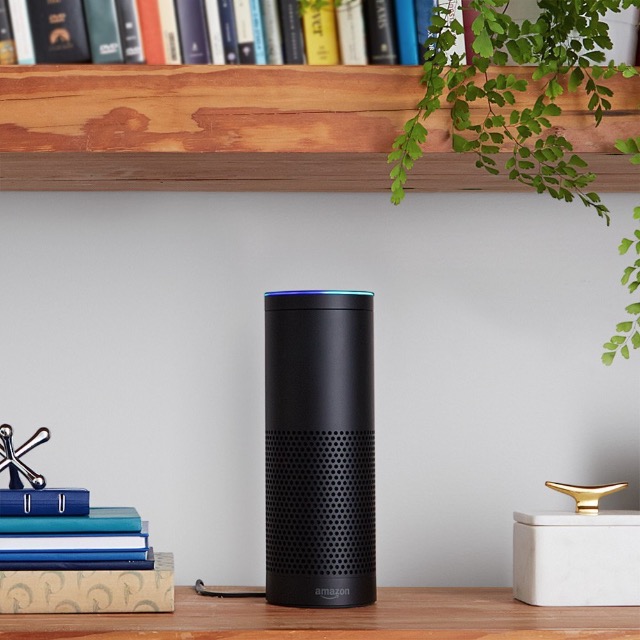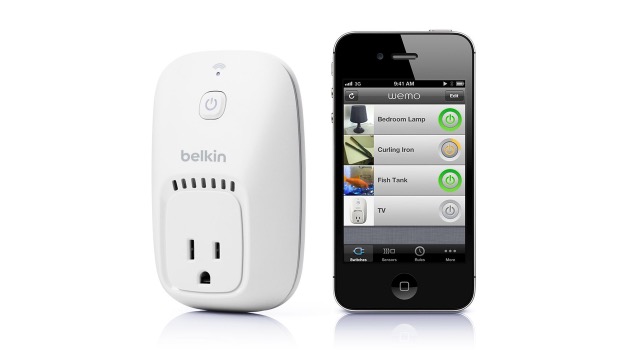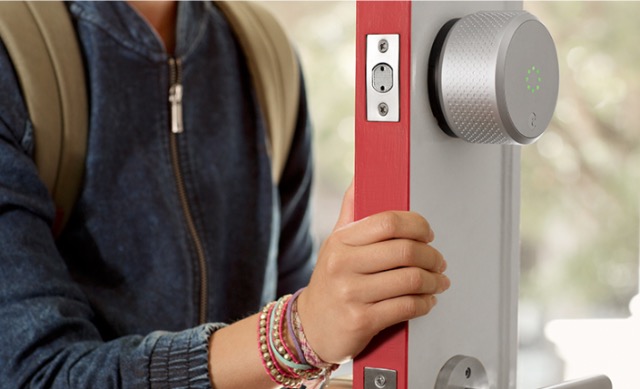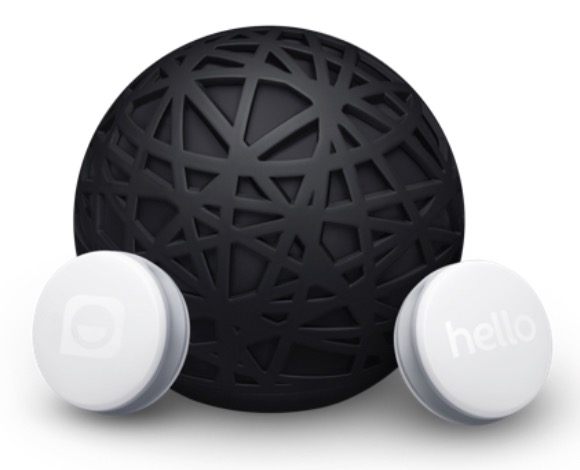The Hub
The problem with most of the so-called “smart devices” today is that they will only work with other devices coming from the same company. To connect them all, we need a central command center some people call as The Hub. The Hub serves as the main control to all the devices at home. It consisted of two parts: the hardware and the software. Home control – with all of its connected hardware – is predicted to be a big business, maybe that’s why Apple jump into the water with its HomeKit. It’s part of iOS, so naturally Apple wants to position iPhones (with iPads and Apple Watches) as the main control for your smart home. Looking at Apple history as the trendsetter, you can be sure that other smartphone companies and the OSes that power them will (if they are not already) follow suit.
Other companies that are also provide users with smart home control apps are Cassia (US$ 99.99) – which will build a network of devices around its Bluetooth hub, HomeGenie (free) – a downloadable open source app that will turn your desktop computer (or Android and Windows phone) as the main hub, and Logitech Harmony Companion (US$ 149.99) – a combination of hub and smartphone apps that uses WiFi network to connect to the devices.
Smart Thermostat
Even though the smart home revolution has started before Nest (US$ 249), but many believed that this energy-saver, programmable learning thermostat is the one that brings the genre to the masses.
But like every other business in the world, when something is a hit, competition will spring out. In the world of the modern thermostat, ecobee3 (US$ 249) is believed to be a worthy competition of Nest. Some even said that it’s better than its predecessor.
Smart Lighting
The basic idea behind smart lighting is an artificial light that can be programmed to adjust to its surrounding. Not only the brightness to help you save energy, but also the color to give different ambiance to your interior decor. Phillips is one of the pioneers with its core product Phillips Hue White Bulb (from US$ 23). Other than the bulb, Phillips also provides a wide range of accessories that goes with it.
Another option that you could try Cree Connected LED Bulb (from US$ 24).
Smart Smoke Detectors
After successfully turn an unattractive home device into a futuristic beauty, Nest transform another device that most of us took for granted as smarter and more presentable device: a smoke detector called Nest Protect (US$ 99). This smoke and carbon monoxide detector works like other similar devices, and will alert you loudly when it detects a problem.
But it’s also connected to your smartphones and can send you alerts even if you are away from home. This connectivity allows you to easily turn the device on or off remotely without having to climb the cupboard to reach the ceiling. You might need the feature if you are cooking something with excess smoke and don’t want to trip the detector on. Another cool feature is its ability to give you “path light”, an illumination that will help you move around the room in the dark. You can set the feature to automatically on when Nest Protect detects your movement in the dark environment.
Smart Audio System
Sonos Play:1 is all about high-quality wireless music. You can put the wireless speaker anywhere in the house – provided that it can connect to your home’s WiFi network, and the device can play any music from any source as long as the source is also connected to the same network. The concept is similar to Apple’s AirPlay-compatible speakers, but not limited to Apple’s devices.
Smart Plugs
I’m not an expert in the smart home subject, but I’m betting we are still decades away from having truly interconnected smart devices in our home. If you can’t wait to jump into the future, what can you do to bridge the gap of technology? How can you turn non-smart devices a little bit smarter? The easiest way to do that is using smart plugs. They will act as the intermediary to enable at least turning an ordinary devices on or off. We put the smart plugs into the electricity outlets, and we plug the devices into the smart plugs. Since we can control the plugs, we can control the devices connected to the plugs. One of the smart plugs available today is Belkin WeMo Switch (US$ 39.99). These devices connect to WiFi network, can be controlled by mobile apps, and compatible with IFTTT. So you can do many kinds of control and automation with this plugs.
Smart Locks
This discussion is not complete without talking about smart locks. There are many cool things that you can do with this type of locks. One of them will automatically lock your house when you are away, and open the lock when you arrive home. You can also lock or unlock one of your doors remotely if necessary, for example when your parents visit your house when you are not at home. There are several smart locks models available today, such as August Smart Lock (US$ 214) and Kevo from Kwikset (US$ 160). Both adhere to the motto “your smartphone is your key”.
Possible companion for smart locks is doorbell with cameras that can tell you who’s in front of the door even when you are away. And for those who register their houses for AirBNB, you can give virtual access key for those who rent your place.
Some Smart Thoughts
Surely the list will not stop here. There are more and more smart devices available by the day. Some other examples are the robot house cleaner like Roomba 980 (US$ 899.99), or Nest Cam remote camera (US$ 199), or even products that will help you sleep better like Sense (US$ 129).
At this moment, upgrading your home with smart devices is very cool, but it will cost you a lot of money. Not everybody can afford the system nor feel the urgency to make their home smarter. But as time goes by and smart home is an accepted norm, the price will be more affordable as everything is available for the masses. Where will we go from here? In the future, there will be more automation at home, and your devices will be connected to things outside the house, such as smart cars, smart transportation system, smart shopping centers, and (maybe) smart neighbourhood. What is your take on the smart home concept? Please share your thoughts and opinion using the comment below.
